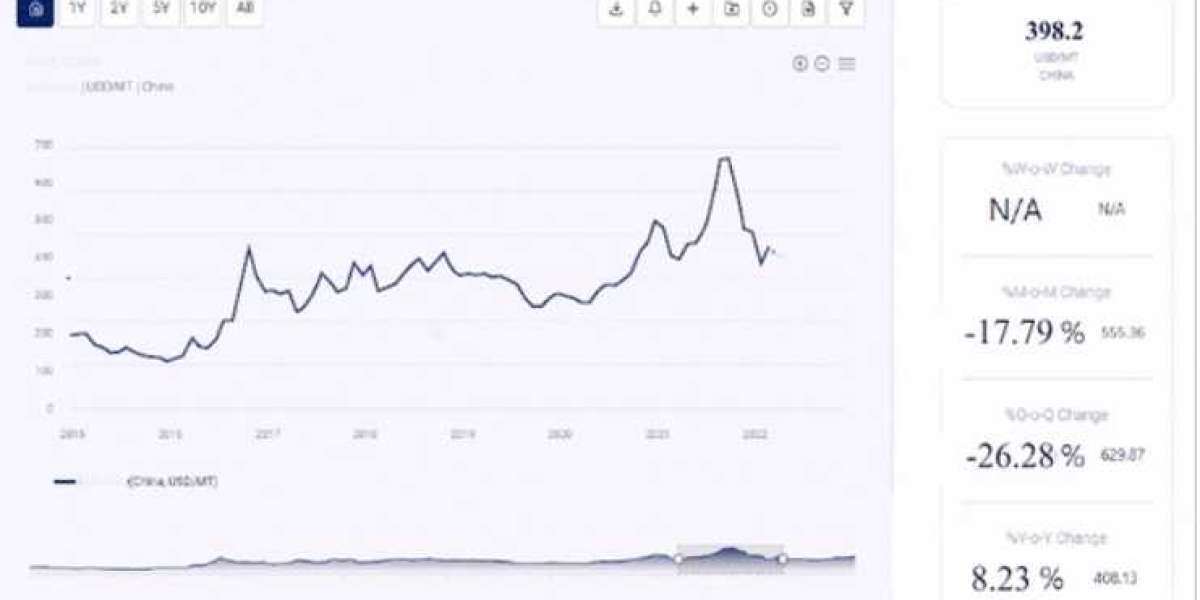Nonprofits play a vital role in supporting communities — whether it’s helping families in crisis, housing individuals experiencing homelessness, supporting survivors of abuse, or mentoring at-risk youth. These organizations handle complex cases, often under tight budgets and with limited staff. That’s where a nonrpfoit case management tool becomes not just helpful, but essential.
Designed specifically for the unique needs of human services and social impact work, a nonprofit case management tool allows organizations to centralize client data, streamline workflows, and report on outcomes — all while maintaining the flexibility and security needed for sensitive, high-touch work.
What Is a Nonprofit Case Management Tool?
A nonprofit case management tool is a software platform that helps organizations manage client interactions, track services, measure progress, and maintain accurate records — all in one place.
Unlike generic customer relationship management (CRM) tools or spreadsheets, nonprofit case management tools are built for mission-driven work, with features designed to support human-centered services, collaboration, and outcome measurement.
Key Features and Functions
1. Centralized Client Records
Track everything in one system — from initial intake to final outcomes. Store demographics, case notes, service history, and documents in a secure, centralized database accessible by authorized staff.
2. Customizable Workflows
Every nonprofit is different. A good case management tool allows you to configure workflows, forms, and service tracking to fit your specific programs and reporting needs.
3. Outcome and Impact Tracking
Measure what matters. Whether you're tracking housing stability, employment, educational progress, or mental health improvement, these tools help you define and monitor key outcomes.
4. Integrated Reporting
Generate reports for funders, boards, and grantors with just a few clicks. Build custom dashboards to visualize your organization’s performance in real time.
5. Secure, Role-Based Access
Ensure data privacy and compliance (such as HIPAA or GDPR) with encrypted storage, user permissions, and audit trails.
6. Collaboration and Notes
Allow multiple caseworkers, volunteers, or departments to collaborate on cases, log notes, and share updates — ensuring continuity of care.
Benefits for Nonprofits
✅ Save Time on Admin Tasks – Automate documentation, scheduling, and reporting.
✅ Improve Service Delivery – Ensure no client is overlooked and all cases are actively managed.
✅ Demonstrate Impact – Easily show funders the difference your programs make with data-driven stories.
✅ Enhance Team Communication – Facilitate real-time collaboration between staff, even across multiple locations or departments.
✅ Support Strategic Growth – Use data insights to guide program development and funding strategy.
Who Can Benefit?
This tool is ideal for a wide range of mission-driven organizations, including:
Homeless shelters and housing programs
Food banks and community outreach centers
Domestic violence and crisis response organizations
Youth and mentoring programs
Reentry and workforce development programs
Behavioral health and substance use recovery providers
Popular Nonprofit Case Management Tools
Some of the most widely used platforms in the nonprofit space include:
Apricot by Bonterra – Known for flexibility and strong outcome tracking.
CaseWorthy – Great for multi-program, data-driven organizations.
ETO (Efforts to Outcomes) – Focuses on performance and impact.
Penelope by Athena Software – Designed for complex, long-term case management.
Salesforce Nonprofit Cloud – Highly customizable, with case management modules.
Final Thoughts
A nonprofit case management tool is more than a digital filing system — it's a central hub that empowers your team to work smarter, serve more people, and demonstrate your mission’s true impact. In a field where every resource and every moment matters, the right tool can make all the difference.


